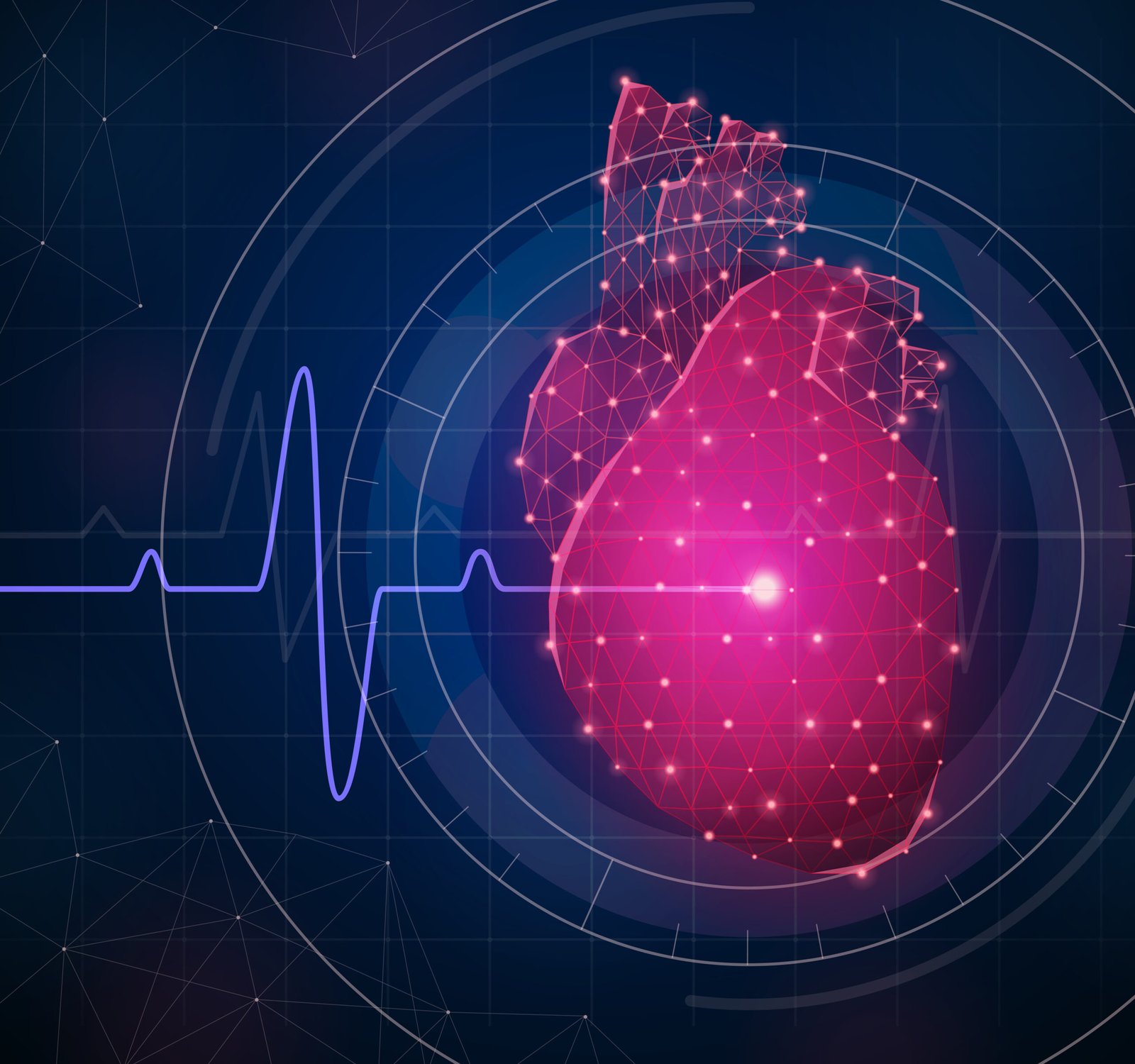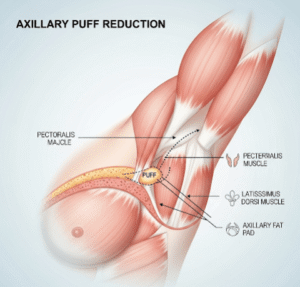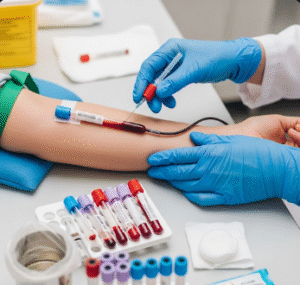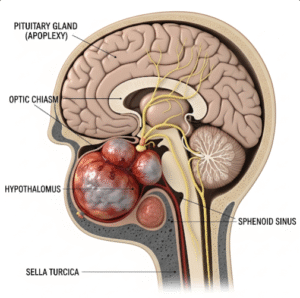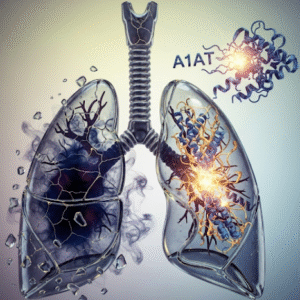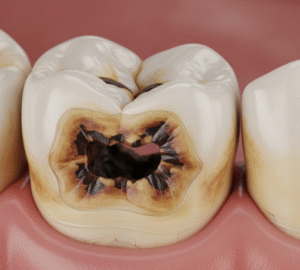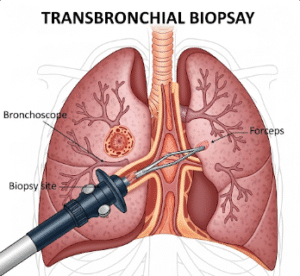Overview
Arrhythmia refers to any irregularity or abnormality in the heart’s rhythm. It can cause the heart to beat too fast, too slow, or erratically, affecting the heart’s ability to pump blood efficiently. Some arrhythmias are harmless, while others can be life-threatening and require medical attention.
What is Arrhythmia?
Arrhythmia occurs when the electrical signals that regulate the heartbeat are disrupted. This disruption can originate in different parts of the heart, resulting in various types such as atrial fibrillation, ventricular tachycardia, or bradycardia. Arrhythmias may be temporary or chronic and can range from mild symptoms to severe complications.
Symptoms
- Palpitations or fluttering sensation in the chest
- Dizziness or lightheadedness
- Shortness of breath
- Chest pain or discomfort
- Fatigue or weakness
- Fainting or near-fainting spells
Causes
- Coronary artery disease
- High blood pressure
- Electrolyte imbalances
- Heart valve disorders
- Congenital heart defects
- Excessive alcohol or caffeine intake
- Certain medications and stimulants
Risk Factors
- Age (more common in older adults)
- Family history of arrhythmias
- Smoking
- Diabetes
- Obesity
- Stress and anxiety
- History of heart disease
Complications
- Stroke due to blood clots forming in irregular heart rhythms such as atrial fibrillation
- Heart failure caused by inefficient heart pumping
- Sudden cardiac arrest and death in severe cases
- Blood clots and embolism
Prevention
- Maintain a healthy lifestyle including balanced diet and regular exercise
- Control blood pressure, cholesterol, and diabetes
- Avoid smoking and limit alcohol and caffeine intake
- Manage stress through relaxation techniques
- Regular health check-ups to monitor heart function
Treatment Options in Korea
South Korea offers comprehensive and advanced care for arrhythmia patients, including:
- Diagnosis
- Electrocardiogram (ECG) to detect abnormal rhythms
- Holter monitoring for continuous heart rhythm tracking
- Electrophysiology studies to pinpoint electrical problems
- Medications
- Antiarrhythmic drugs to control heart rate and rhythm
- Anticoagulants to reduce stroke risk
- Beta-blockers and calcium channel blockers
- Procedures and Surgery
- Catheter ablation to destroy abnormal electrical pathways
- Pacemaker implantation for slow heart rhythms
- Implantable cardioverter defibrillator (ICD) for life-threatening arrhythmias
- Cardiac Rehabilitation
- Lifestyle counseling and monitored exercise programs
- Ongoing monitoring and management of risk factors

